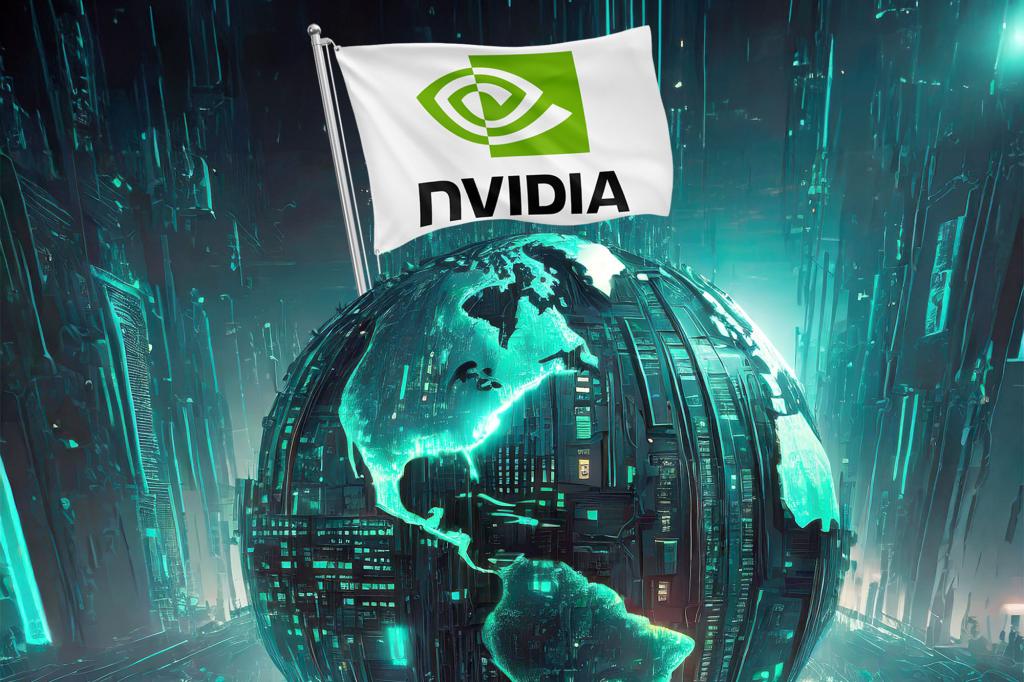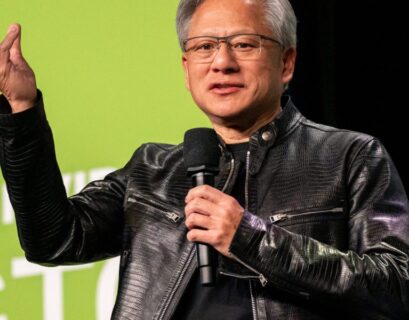AI, also known as artificial intelligence, has made a significant impact globally since the introduction of Chat GPT in late 2022. It has disrupted various sectors, ranging from governmental bodies and academic institutions to Fortune 500 companies and trade unions.
Advocates believe that AI will lead to a new era of economic growth, prosperity, and overall human well-being. Conversely, critics express concerns about potential disruptions and instability across various job markets, from call centers to the entertainment industry, exacerbating income inequality and potentially displacing millions of workers.
Some individuals, often referred to as AI “doomers,” fear the scenario where artificial intelligence achieves self-awareness and turns against its human creators, reminiscent of depictions like Skynet in “The Terminator” and other science fiction narratives.
However, there is a consensus that AI will bring substantial wealth to those who develop and leverage this technology effectively.
Nvidia, renowned for manufacturing cutting-edge computer chips that power the AI revolution, exemplifies how a company can unlock immense value in this new technological era.
Established in 1993 by CEO Jensen Huang alongside co-founders Chris Malachowsky and Curtis Priem, Nvidia initially focused on introducing 3D technology to the gaming and media sectors. Over time, Nvidia’s GPUs (graphics processor units) became pivotal in rendering real-time 3D graphics, with their technology being utilized in products like the first Xbox gaming console and the PlayStation 3.
Furthermore, Nvidia played a crucial role in supporting blockchain networks such as Ethereum by providing the computational power necessary for securing transactions and data storage. Their development of CUDA, a software toolkit, streamlined the application of their chips across various tasks, enhancing their versatility and performance.
Unlike traditional CPUs, GPUs excel in training AI models and processing responses to AI inquiries due to their ability to concurrently handle multiple tasks, thanks to machine learning algorithms. This parallel processing capability significantly boosts speed and efficiency.
In essence, while CPUs excel in sequential tasks akin to a decathlete performing individual events, GPUs function more like a cohesive soccer team, collaborating to achieve complex objectives efficiently.
Presently, GPUs dominate the AI chip market, with Nvidia leading the industry. The company’s sales figures reflect this dominance, with a significant market share in GPU systems across global data centers.
Nvidia’s success in the AI realm can be attributed to a combination of strategic foresight and timely investments. Despite uncertainties, Nvidia’s proactive approach in advancing AI technology has positioned them as a key player in the evolving landscape of artificial intelligence.
In a rapidly evolving technological environment, Nvidia faces competition from established players like Intel and emerging contenders such as Graphcore and Groq. Moreover, tech giants like Google and Amazon have developed their AI-focused chips, intensifying the competitive landscape.
While Nvidia’s market share remains formidable, the company must continue innovating and adapting to remain at the forefront of the AI industry. History has shown that technological pioneers can face challenges, emphasizing the need for continuous evolution and adaptation in the ever-changing tech sector.
As Nvidia navigates the dynamic landscape of AI technology, its ability to innovate and respond to market shifts will determine its long-term success. In the realm of technology, adaptability and innovation are key to sustaining relevance and competitiveness.
Alex Tapscott, the managing director of the Ninepoint Digital Asset Group at Ninepoint Partners and author of “Web3: Charting the Internet’s Next Economic and Cultural Frontier,” underscores the importance of navigating technological advancements for sustained success in the digital age.










